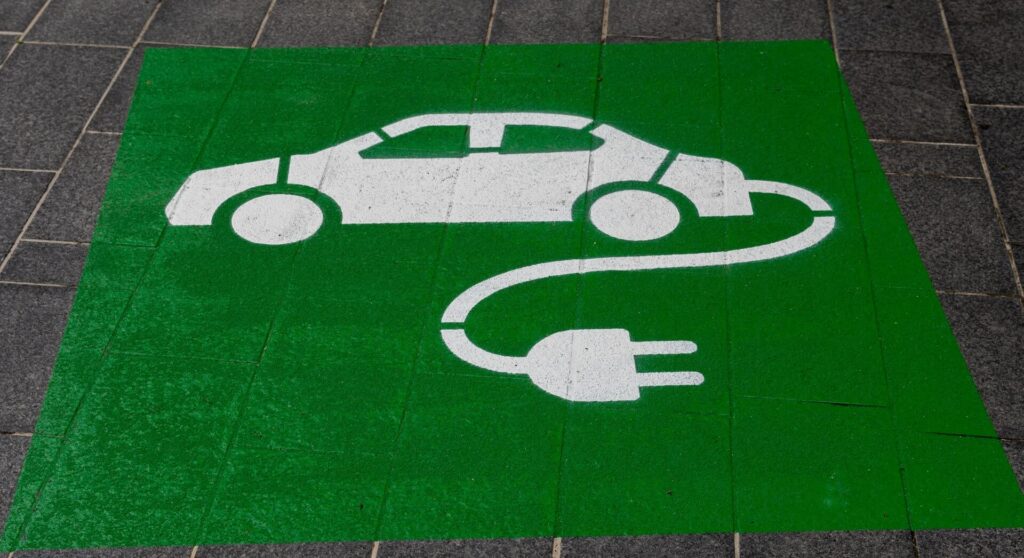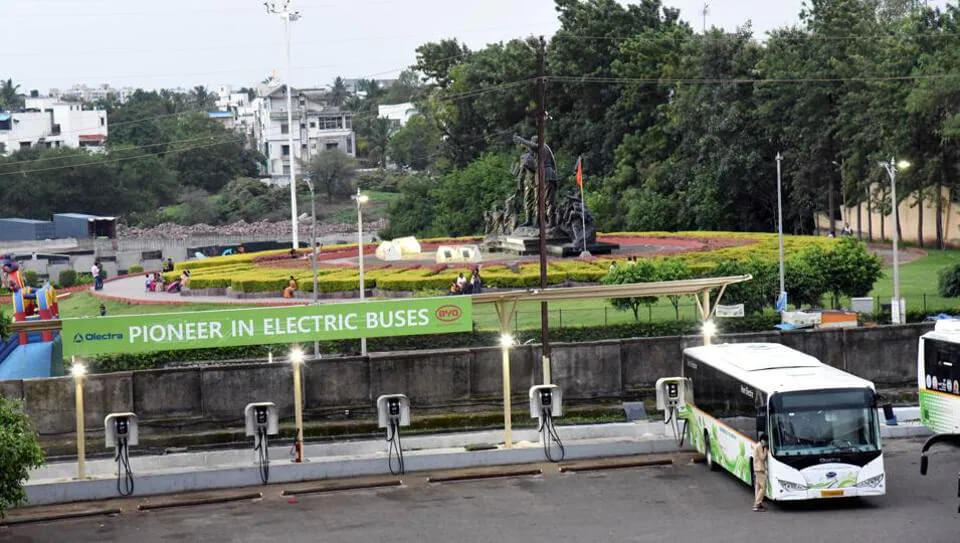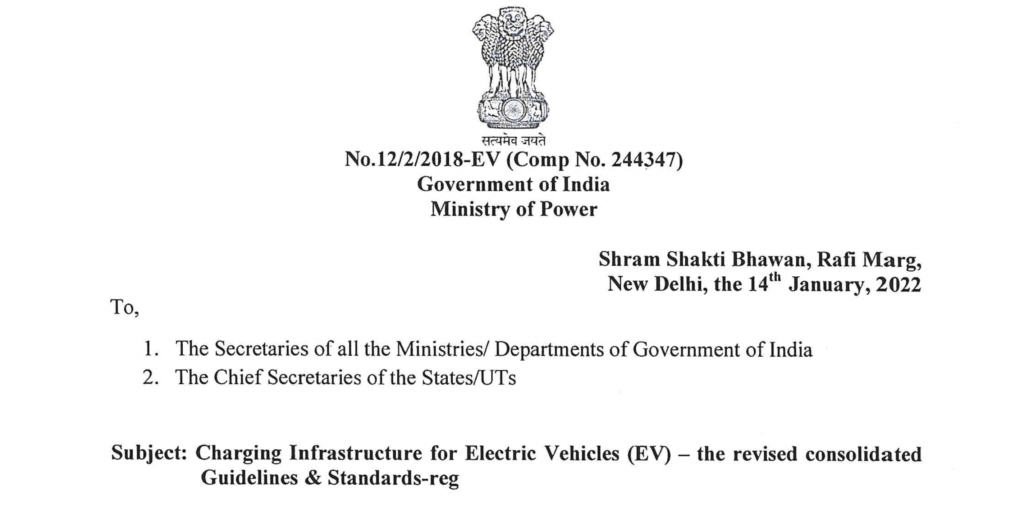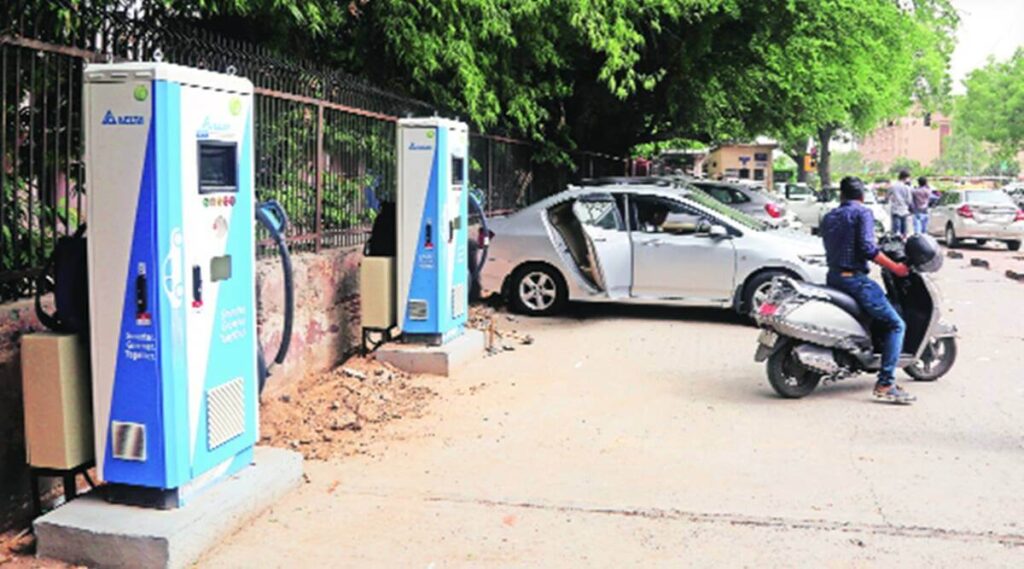Maruti Suzuki India’s Senior Executive Officer (Marketing & Sales), Shashank Srivastava, has announced that electric vehicles (EVs) will become mainstream in India, but the timing of their adoption remains unpredictable. He cited the high cost of battery acquisition as the main factor holding back widespread EV adoption in the country. Maruti Suzuki is working to reduce battery costs and plans to launch six EVs in various segments by 2030.
“Electric vehicles will become mainstream but when they will become that is unpredictable. The cost of the acquisition is one of the important factors impeding EV adoption in India,” said Shashank Srivastava at a media event in Mumbai. He added that the cost of an EV is higher than that of its internal combustion (IC) counterpart, primarily due to the high cost of batteries. Maruti Suzuki is focused on bringing down battery costs, and Srivastava predicts that by 2030, the EV market will make up 17% of the market, up from the current 1%.

Srivastava stated that Maruti Suzuki’s strength is its market share and it is looking forward to strengthening its SUV space. He also said that Maruti Suzuki India’s sales currently account for about 60% of Suzuki Motor Corporation’s overall sales. This, he said, is a great achievement for India and shows the upswing in the country’s economy. With India’s young demographics, Srivastava predicts that car consumption in India will continue to increase, with projections showing almost 6 million by 2030, up from the current 3.8 million in 2022.
Srivastava’s announcement comes as India has set an ambitious goal to have only electric vehicles on its roads by 2030. However, a lack of charging infrastructure and high battery costs have slowed EV adoption in the country. To accelerate EV adoption, the Indian government has offered incentives to EV manufacturers and plans to invest in charging infrastructure. In addition, companies such as Tata Motors, Mahindra Electric, and Hyundai have launched their own EV models in India.
Maruti Suzuki currently offers only one EV, the Wagon R Electric, which is only available to fleet buyers. However, the company is working on bringing down the cost of batteries to make EVs more affordable for individual buyers. Srivastava’s announcement is also in line with the company’s commitment to reduce its carbon footprint. Maruti Suzuki has pledged to become carbon neutral by 2040 and plans to achieve this goal by transitioning to cleaner fuels and developing more fuel-efficient vehicles.
In conclusion, Maruti Suzuki India’s announcement of its plans to launch six EVs in different segments by 2030 is a significant step towards achieving India’s ambitious goal of having only EVs on its roads by 2030. The move is also in line with the company’s commitment to reduce its carbon footprint and transition to cleaner fuels. However, the success of the plan will depend on the company’s ability to bring down the cost of batteries and make EVs more affordable for individual buyers.



